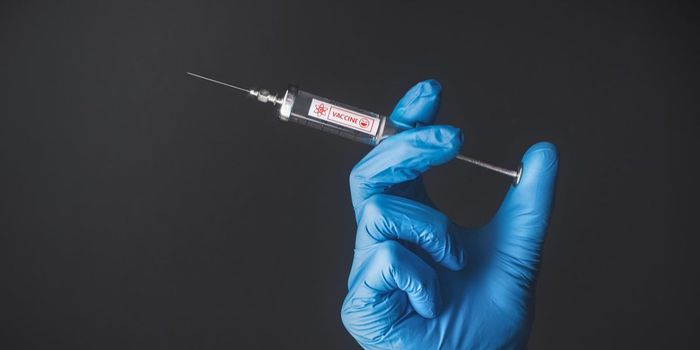Why Do Immunotherapies Not Always Work?
Immunotherapy has revolutionized the way physicians treat patients. Interestingly, this form of therapy redirects the immune system toward the disease or pathogen. As a result, the body builds a robust immune response and develops memory. In this case, if the body is exposed to that infection again, the immune system will recognize it faster and eliminate it. The individual would then most likely not get sick since the body has recognized the infection in its early stage.
Immunotherapy was first created when individuals would purposely inoculate themselves with a disease to become immune or protected later. While it was poorly understood how this worked, the concept of externally regulating our immune systems has gone back centuries. The deliberate practice of identifying specific components of the immune system and trying to boost immune cell response began in the 20th century and has grown into a major field of study. Currently, there are multiple immunotherapy options being developed. However, the type of immunotherapy prescribed is dependent on disease and its severity.
A form of immunotherapy commonly prescribed to cancer patients includes immune checkpoint inhibitors (ICIs). This therapy targets T cells, which are responsible for recognizing and targeting cancer cells. In the context of cancer, T cells become inactive and cannot recognize the tumor and properly function. Scientists discovered that T cells have proteins on their surface called checkpoints that help regulate activity and whether the T cell should be activated or not. These proteins are named “checkpoints” because they act as a gas or brake pedal to T cell function. If these checkpoints bind to surface proteins or markers on other cells, such as tumors, T cells cannot function properly. Unfortunately, in cancer, many cells express these ligands that prevent T cells from maintaining antitumor activity. However, two scientists pioneered a therapy that would block this interaction and allow T cells to regain activity. Drs. James Allison and Tasuku Honjo both received the Nobel Prize in Physiology or Medicine in 2018 for their work.
Recent research has been published indicating that ICIs do not always work against some cancers and other pathologies, despite their previous success. A team at Chiba University led by Drs. Yuta Tamemoto and Hiroto Hatakeyama investigated why ICIs are not always successful. Their research was published in the International Journal of Pharmaceutics describing reasons ICIs might not work for every disease or every patient.
Previous work with ICIs has been focused on how the tumor and biological drivers could improve ICI therapy and, consequently, patient outcomes. However, there is limited work on the drug itself and whether different antibody drugs are targeting the same pathways. The group analyzed two different ICI therapies through various laboratory techniques. They found that the two antibodies bound differently to their target. They also traveled throughout the body at different rates as one stayed in the bloodstream longer than the other. As researchers furthered investigated the cascading effects of ICI therapy, they discovered that they were also destroying T cells because the ICI target is not only on cancer cells, but also T cells. Overall, there are small differences among ICI therapies that could account for why they do not always work in patients.
Tamemoto, Hatakeyama, and their team shed light on limitations of ICI therapy, which could lead to improved drug development. It could also help scientists at drug companies more carefully select antibody features based on patient characteristics. Additionally, researchers suggest this could help engineer novel immunotherapies for more aggressive tumors. Overall, this careful analysis provides the field of medicine a unique perspective on how scientists should be evaluating drug efficacy.
Chiba University, Yuta Tamemoto, Hiroto Hatakeyama, research, International Journal of Pharmaceutics








